Bequest Language
One of the easiest ways to make safeguarding truth your enduring legacy is by establishing a simple bequest in your will—a gift that could cost you nothing today.
The United States Holocaust Memorial Museum has received many bequests from individuals over the years. Donors often find it meaningful and beneficial to make significant gifts of cash or other personal property through their estate plans.
Types of Bequests
Specific bequest, whereby the amount or asset you leave is specified; or
Residuary bequest, whereby what remains of your estate (or a percentage thereof), after all other obligations are met, is donated.
Either of these types of bequests can be directed to the Museum’s unrestricted Permanent Endowment Fund, to the Museum’s Annual Fund, or be designated for a restricted Museum Impact Fund.
The creation of a will or a living trust is a private matter. If you have included a bequest to the Museum in your plans, however, we would be delighted to be informed of your intentions so that you may be recognized as a member of our Legacy of Light Society.
If you are considering including the Museum’s Permanent Endowment Fund in your will or living trust, you may want to provide your attorney with the language below. Should you or your attorney have any questions, Museum planned giving professionals are always happy to assist in any way they can.
“I [Name] hereby give, devise, and bequeath [the sum $ (dollar amount)] [(percentage) % of my residuary estate]* to the United States Holocaust Memorial Museum (Federal Employer Identification Number 52-1309391), an independent establishment of the United States government, located at 100 Raoul Wallenberg Place, SW, Washington, DC 20024-2426, to be used by it in support of its Permanent Endowment Fund, an unrestricted permanent real endowment fund, or its successor fund, if any.”
*Bracketed language represents alternate types of bequests—a specific dollar amount, or a percentage of an individual’s residuary estate.
